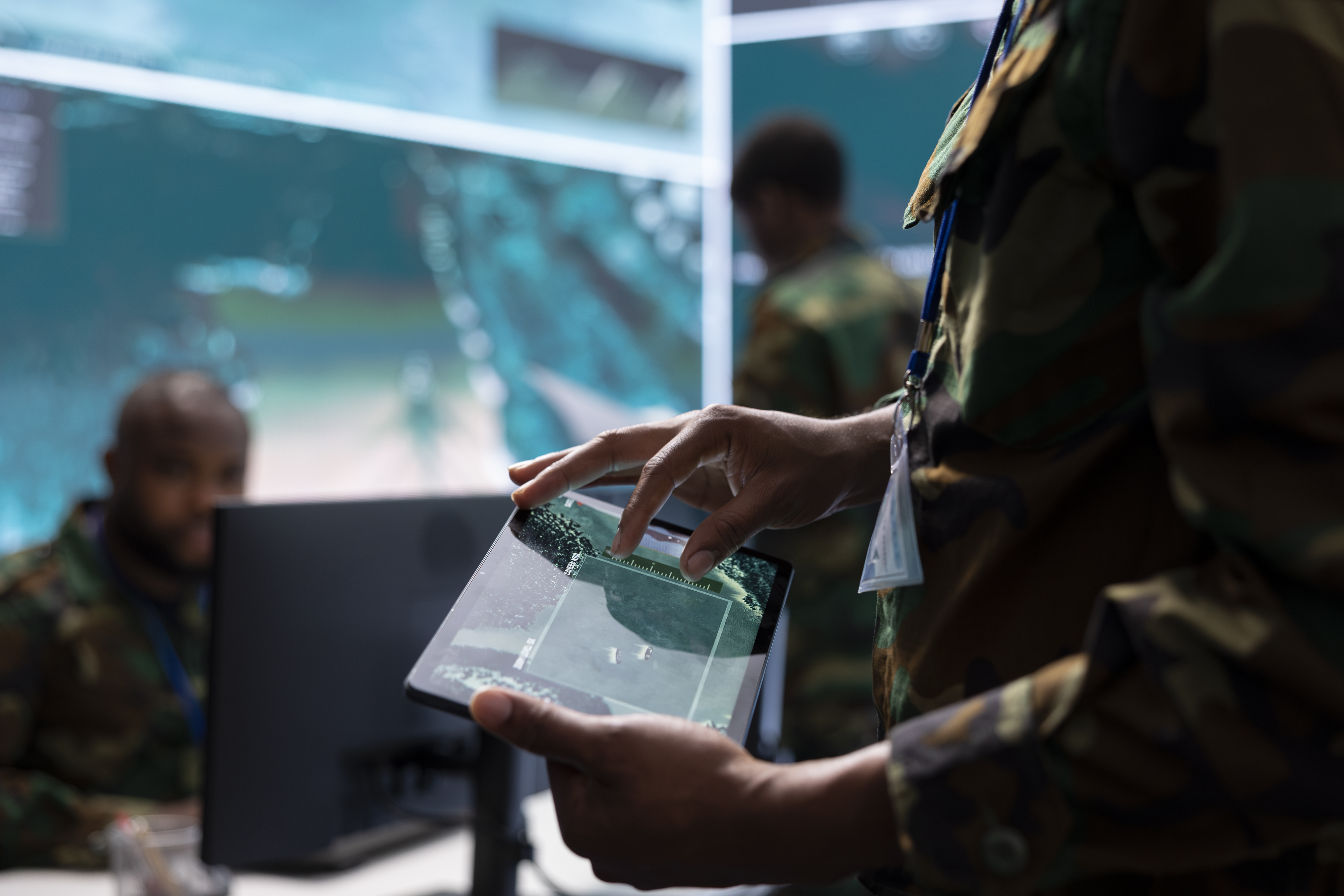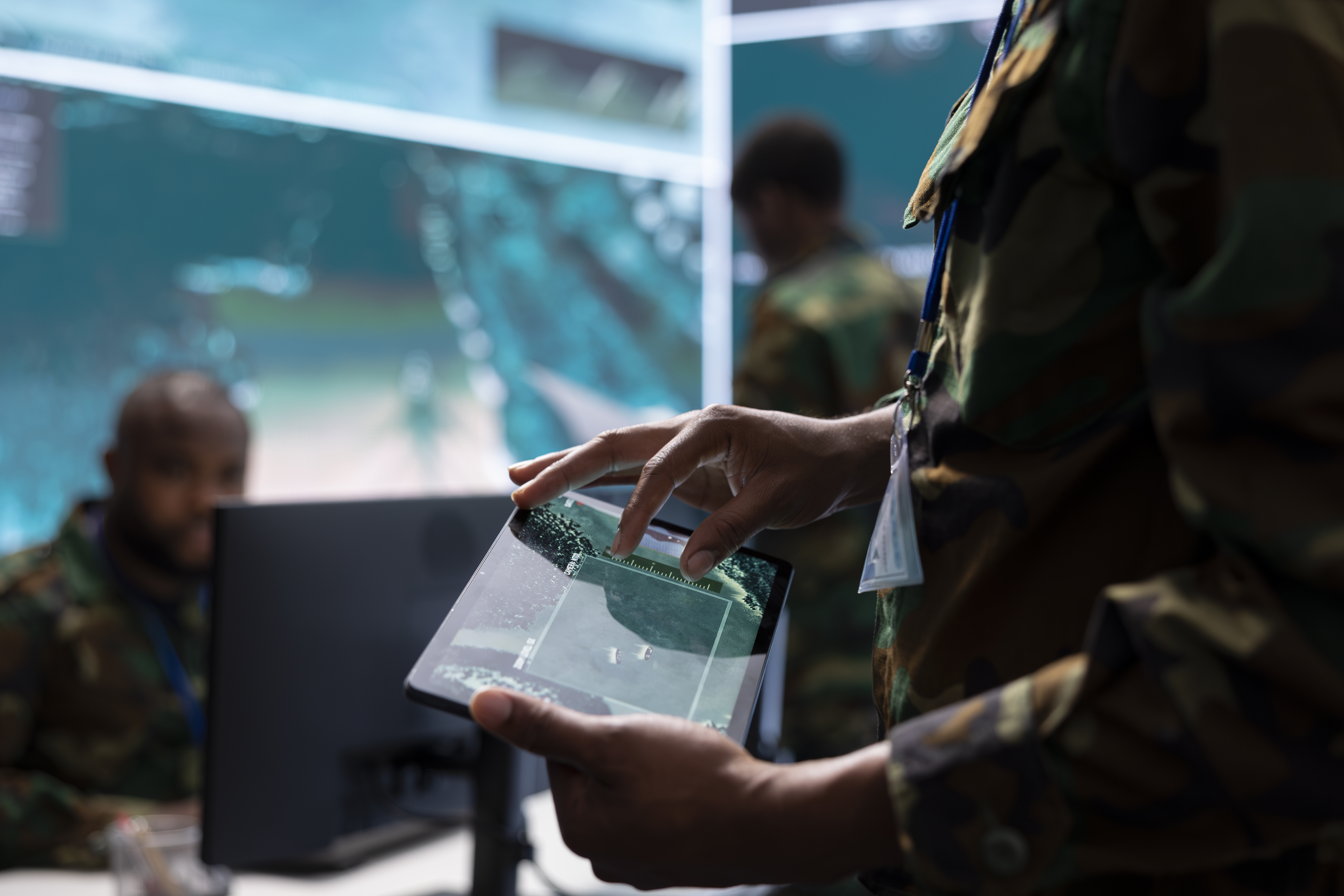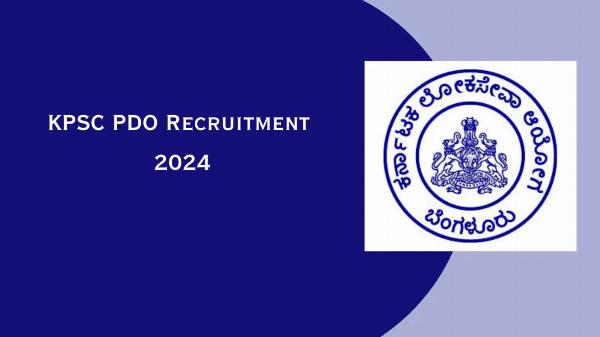When it comes to defence procurement, even small improvements can make a big difference. Whether you're part of a government team, a defence contractor, or a consultant, having a clear and effective approach is key. In this article, we’ll break down simple steps to help you optimize your defence procurement strategy using clear thinking and practical ideas.
1. Understand Your Needs Clearly
Before jumping into contracts or supplier talks, take time to understand what you really need. This means:
Looking at current gaps in equipment or systems
Identifying future needs based on upcoming missions or goals
Talking with those who will actually use the equipment
This step helps avoid over-buying, under-buying, or choosing the wrong solutions altogether.
2. Plan with Long-Term Goals in Mind
Don’t just focus on what’s urgent. Defence procurement should support long-term security plans. Think about:
How long the equipment will last
If it can be upgraded or improved over time
How well it fits into the bigger defence system
A long-term view also helps with budgeting and resource planning.
3. Build Strong Supplier Relationships
Suppliers are not just vendors—they’re partners. A good relationship can lead to better pricing, faster delivery, and better service. Here’s how to keep things strong:
Communicate openly and often
Be clear about expectations
Offer feedback and ask for improvements
Also, diversify your supplier base. Relying on one vendor for everything is risky.
4. Use Transparent and Simple Processes
Keep your procurement process as clear and open as possible. This builds trust and helps avoid delays or disputes. Make sure to:
Have a written procurement policy
Set clear evaluation criteria
Follow a proper bidding process
Transparency is especially important in defence deals, where accountability matters.
5. Review and Improve Regularly
The best way to get better is by learning from past experiences. After each procurement round, take time to review:
What went well
What could be improved
What unexpected issues came up
Use this feedback to make your next defence procurement smoother and more efficient.
6. Train Your Team
Even the best systems won’t work if people don’t know how to use them. Invest in regular training for your procurement team. Focus on:
Procurement rules and policies
Market trends and pricing knowledge
Contract management skills
Well-trained people make fewer mistakes and handle complex tasks better.
7. Keep Up with Technology
Technology changes fast—even in procurement. Look for tools that can help with:
Budget tracking
Digital contracts and e-signatures
Market research and supplier discovery
Using digital systems can save time and reduce errors in the long run.
8. Focus on Cost-Effectiveness, Not Just Low Cost
Many procurement mistakes happen when decisions are made based only on the lowest price. While staying within budget is important, going cheap can lead to:
Low-quality equipment
Higher maintenance costs in the future
Shorter product lifespan
Instead, look for cost-effectiveness—the best value for the money, based on quality, durability, support, and total lifetime cost.
9. Align Procurement with National Policies
Your defence procurement plan should always support your country's larger security and defence policies. This includes:
Strategic independence
Support for local industries
Ethical sourcing and compliance
Make sure all purchases follow government regulations, international agreements, and defence standards.
10. Embrace Local Industry Participation
Where possible, include local suppliers and manufacturers in your procurement process. This helps:
Boost the national economy
Create local jobs
Reduce dependency on foreign vendors
Encouraging Make in India or similar initiatives can also bring long-term strategic benefits, especially in defence.
11. Manage Risks Early
Defence projects often face risks like delivery delays, budget overruns, or quality issues. To reduce these risks:
Do detailed background checks on vendors
Use contracts with clear timelines and penalties
Set up a risk assessment system at the start of each project
Planning for problems before they happen will help you act quickly when needed.
12. Use Data to Make Better Decisions
Modern procurement should be guided by facts, not guesses. Start collecting and using data like:
Supplier performance history
Cost comparisons over time
Delivery timelines and delays
With this data, you can make smarter decisions and show proof of good governance when required.
Final Thoughts
Optimizing your defence procurement process isn’t about doing everything perfectly—it’s about doing it better each time. Keep things simple, be clear about your goals, and focus on long-term value. With the right mindset and tools, your procurement strategy can support national defence in a stronger and smarter way.




A comprehensive guide to streamline defense procurement processes, 'How To Optimize Your Defence Procurement Approach' offers practical strategies for enhancing efficiency and cost-effectiveness across the entire acquisition cycle.
The thoughtful approach laid out in 'How to Optimize Your Defence Procurement Approach' offers actionable insights that can revolutionize the efficiency and cost-effectiveness of defense procurements, ultimately strengthening national security at an optimal level.
By adopting a proactive, data-driven approach to defence procurement as outlined in 'How To Optimize Your Defence Procurement Approach', organizations can significantly enhance efficiency and effectiveness while mitigating risks associated with the acquisition process.
This insightful piece on optimizing defense procurement approaches provides valuable insights for enhancing efficiency, cost-effectiveness and security alignments through strategic sourcing practices.
This article offers a comprehensive guide on how to optimize defence procurement approaches, ensuring efficiency and cost-effectiveness in the process of selecting suppliers for military equipment operations.
A comprehensive yet practical guide on ensuring optimal defence procurement processes by focusing not just the acquisition of weapons systems but also enhancing efficiency, cost-effectiveness and nationwide preparedness through proper management.
This article offers a practical guide on how to enhance the efficiency and effectiveness of defence procurement processes by adopting an optimized approach, ensuring cost savings while maintaining high-quality standards.
This comprehensive guide sheds light on the nuances of optimizing defence procurement approaches, providing in-depth strategies to ensure efficiency and cost effectiveness amidst complex acquisition procedures.
The comprehensive guidance provided in 'How to Optimize Your Defence Procurement Approach' is indispensable for enhancing efficiency, ensuring best value procurements while promoting transparency and security within the defence industry.














